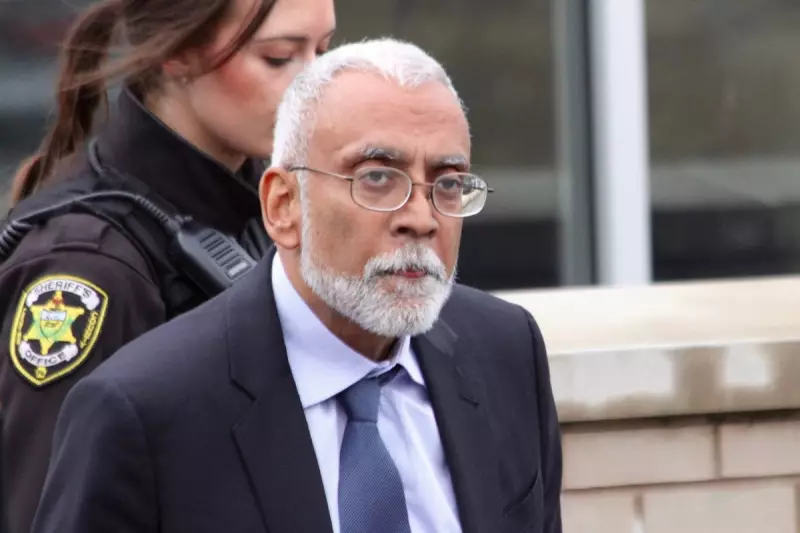
In a shocking twist of fate that exposes multiple layers of systemic failure, Glynn Simmons finds himself trapped in a legal nightmare that refuses to end. After being wrongfully imprisoned for 43 years - one of the longest mistaken incarcerations in US history - the 70-year-old now faces detention by immigration authorities despite having his conviction overturned.
A Life Stolen
Glynn Simmons was just 22 years old when he was convicted of murder in 1975, a crime he steadfastly maintained he didn't commit. For over four decades, he watched life pass by from behind bars while maintaining his innocence. Last year, his persistence finally paid off when an Oklahoma court vacated his conviction, acknowledging the profound miscarriage of justice.
The case against Simmons collapsed when evidence emerged that prosecutors had withheld crucial information that could have cleared him during his original trial. Key witness testimony was called into question, and the entire foundation of the case was revealed to be fundamentally flawed.
Freedom Delayed Again
Just when Simmons should have been celebrating his hard-won freedom and rebuilding his life, he encountered another formidable obstacle. US Immigration and Customs Enforcement (ICE) took him into custody, citing his non-citizen status despite having lived in the United States since childhood.
This development has raised serious questions about the intersection of criminal justice and immigration systems, particularly when dealing with individuals who have been exonerated after wrongful convictions. Advocates argue that the continued detention of someone who has already suffered such profound injustice represents a secondary punishment they should never have to endure.
Broader Implications for Justice
The troubling case highlights several critical issues within American justice systems:
- The devastating human cost of wrongful convictions
- Systemic failures in evidence disclosure procedures
- The complex interplay between criminal justice and immigration enforcement
- The need for better protections for exonerees
Legal experts following the case express concern that such situations could discourage others from challenging wrongful convictions if they fear subsequent immigration complications.
As Simmons' legal team prepares for yet another courtroom battle, his story serves as a powerful reminder of how justice, once denied, can continue to elude those who need it most. The question remains: how many more hurdles must a man clear to prove he deserves the freedom that was stolen from him for 43 years?





